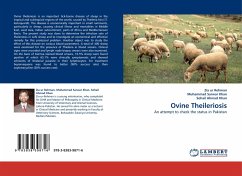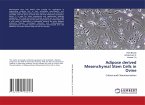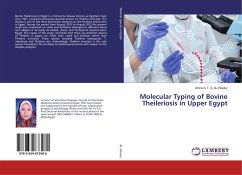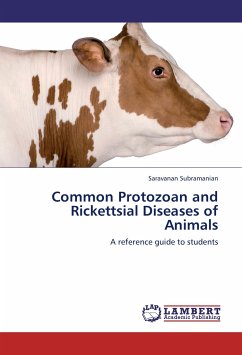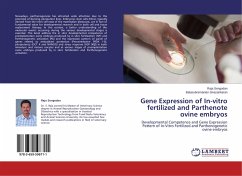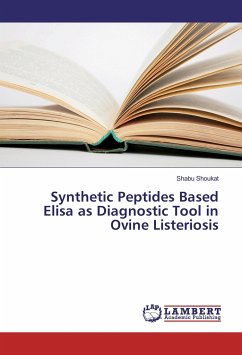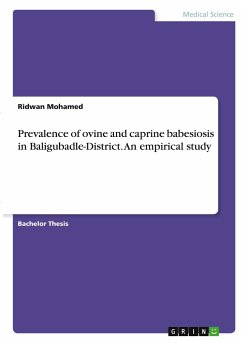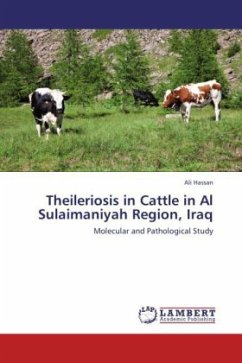Ovine theileriosis is an important tick-borne disease of sheep in the tropical and subtropical regions of the world, caused by Theileria hirci (T. lestoquardi). The disease is economically important in small ruminants, particularly in sheep, causing clinical illness and mortalities in Middle East, west Asia, Indian subcontinent, parts of Africa and Mediterranean Basin. The present study was done to determine the infection rate of theileriosis in Lohi sheep and to investigate an economical and effective remedy for this protozoal problem. Another object was to study the effect of this disease on various blood parameters. A total of 400 sheep were examined for the presence of Thieleria in blood smears. Clinical signs were recorded and lymph node biopsy smears were also examined. On the basis of Giemsa stained blood smears, 16.5% sheep were found positive of which 65.1% were clinically symptomatic and showed schizonts of thielerial parasite in their lymphocytes. For treatment buparvaquone was found to better (90% success rate) than oxytetracycline (30% success rate).
Bitte wählen Sie Ihr Anliegen aus.
Rechnungen
Retourenschein anfordern
Bestellstatus
Storno

